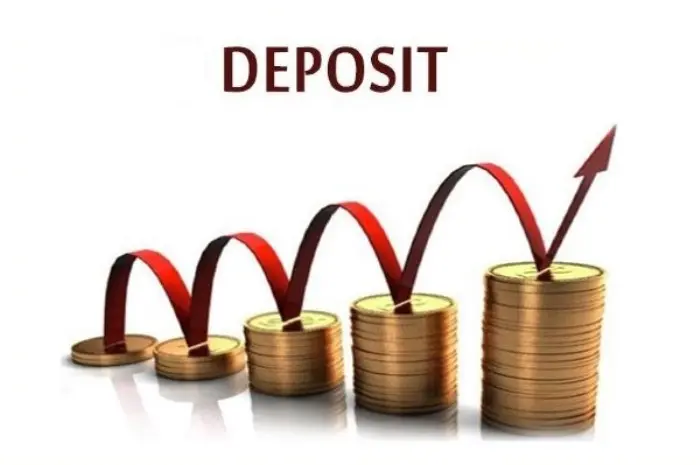Tax season can be a stressful time, especially if you find yourself facing a substantial tax bill that you’re unprepared to pay.
In such situations, you might consider using personal loans to pay taxes. While this option can provide immediate relief and help you avoid penalties from the IRS, it’s essential to weigh the pros and cons before committing to this financial strategy.
This article explores the benefits and drawbacks of using personal loans to pay taxes, providing you with the necessary information to make an informed decision.
By understanding how personal loans work in the context of tax payments, you can determine if this approach aligns with your financial goals and circumstances.
Benefits of Using Personal Loans to Pay Taxes
Avoiding IRS Penalties and Interest
One of the primary reasons to consider using personal loans to pay taxes is to avoid penalties and interest charges from the IRS.
If you can’t pay your tax bill by the deadline, the IRS imposes late payment penalties and interest on the outstanding amount.
A personal loan can provide the funds needed to settle your tax debt promptly, helping you avoid these additional costs.
Flexible Repayment Terms
Personal loans often come with flexible repayment terms, ranging from one to seven years.
This flexibility allows you to choose a repayment plan that fits your budget and financial situation.
By spreading the repayment over a longer period, you can manage your cash flow more effectively and avoid the strain of a large lump-sum payment.
Potentially Lower Interest Rates
Depending on your credit score and the loan terms, personal loans can offer lower interest rates compared to the IRS penalties and interest rates.
If you have good credit, you might secure a personal loan with a favorable interest rate, making it a cost-effective way to pay off your tax debt.
Drawbacks of Using Personal Loans to Pay Taxes

Interest Costs
While personal loans can offer lower interest rates compared to IRS penalties, they still come with interest costs.
It’s essential to compare the total interest paid over the life of the loan with the potential IRS penalties and interest to determine which option is more economical.
Remember, the longer the loan term, the more interest you’ll pay overall.
Impact on Credit Score
Applying for a personal loan involves a hard inquiry on your credit report, which can temporarily lower your credit score.
Additionally, taking on new debt can increase your debt-to-income ratio, potentially affecting your creditworthiness.
It’s crucial to consider how a personal loan might impact your credit score and future borrowing ability.
Repayment Obligation
A personal loan is a financial obligation that requires regular monthly payments.
Failing to meet these payments can result in late fees, damage to your credit score, and potential legal action from the lender.
Before taking out a personal loan to pay taxes, ensure you have a stable income and a solid plan for repayment.
Alternatives to Personal Loans for Paying Taxes
IRS Payment Plans
The IRS offers various payment plans, such as short-term extensions and long-term installment agreements, to help taxpayers manage their debt.
These plans can be a viable alternative to personal loans, allowing you to pay your taxes over time directly to the IRS, often with lower interest rates and penalties.
Home Equity Loans
If you own a home, a home equity loan or line of credit (HELOC) can provide funds to pay your tax bill.
These loans often come with lower interest rates compared to personal loans, but they use your home as collateral, which increases the risk if you’re unable to make payments.
Credit Card Payments
In some cases, using a credit card to pay your taxes might be an option. However, this should be approached with caution due to high-interest rates and potential fees.
Some credit cards offer introductory 0% APR periods, which can provide short-term relief if you can repay the balance before the promotional period ends.
Conclusion
Using personal loans to pay taxes can be a viable solution for those facing a significant tax bill and wanting to avoid IRS penalties and interest.
However, it’s crucial to carefully evaluate the benefits and drawbacks, considering the interest costs, impact on your credit score, and repayment obligations.
Exploring alternatives, such as IRS payment plans or home equity loans, can also provide valuable options for managing your tax debt.
By making an informed decision, you can effectively address your tax obligations while maintaining your financial health.






